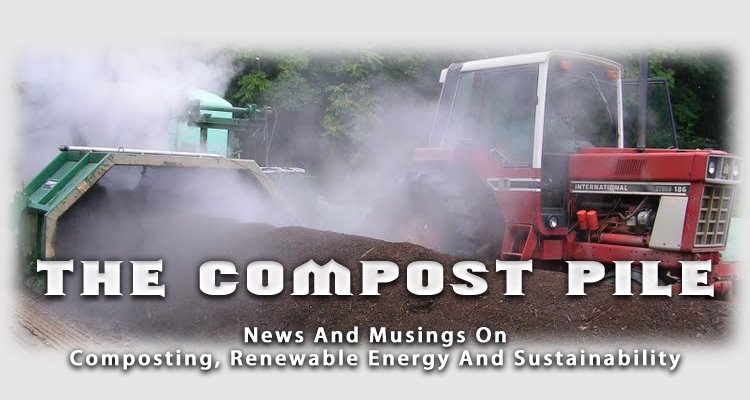As you may have heard, Frito-Lay (PepsiCo) announced this week that it will abandon its compostable packaging for SunChips, due to customer complaints about noise and poor sales. It will continue to offer the compostable bag for "original" SunChips, but reinstate conventional bags for the other flavors while it researches other options.
This is extremely disheartening. Scrapping this innovative packaging solution because of the noise? I agree with Mother Jones that we are doomed as a species if we can't handle the loud sounds of an eco-friendly chip bag.
Another complaint is that it doesn't compost fully in a backyard setting. Currently there is no certification for backyard composting in the U.S., but Frito-Lay hired Woods End Laboratory to show that sufficient temperatures could be reached in a backyard bin to successfully compost the SunChips bag. This process for developing the bag and testing home compostability demonstrates that Frio-Lay was intent on finding a true solution to its packaging waste, not just attempting to greenwash a product to boost sales.
I personally think we should applaud these efforts, not attack them. While it's true that most of the U.S. does not have access to composting facilities that can process these SunChips bags (hence the home composting angle), there is also no infrastructure for recycling conventional chip bags either (multi-layer films are extremely difficult to recycle). Shouldn't we support this movement in the right direction? Seattle and San Francisco now require that foodservice packaging be either recyclable or compostable, and have mandatory composting for residences and businesses (San Francisco has mandatory source separation of recyclables and organics, whereas Seattle requires participation in its green cart program, unless notified that a resident is composting at home).
And granted, there is customer confusion about how to recycle (and now compost) items, some of which has to do with problematic labeling. The Sustainable Packaging Coalition (SPC) has the Labeling For Recovery project, which addresses many of these issues.
I hope that Frito-Lay does not give up on composting as a viable option for some of its traditionally non-recyclable packaging. And I hope that we can all see how properly managing our waste stream requires a cooperative vision: improved labeling of recyclables, more food waste composting infrastructure, clear communication about recycling and composting, local government commitment to organics diversion and higher recycling rates, and product redesign to promote reduction, reuse, and recycling/composting.
Wednesday, October 6, 2010
Subscribe to:
Posts (Atom)





